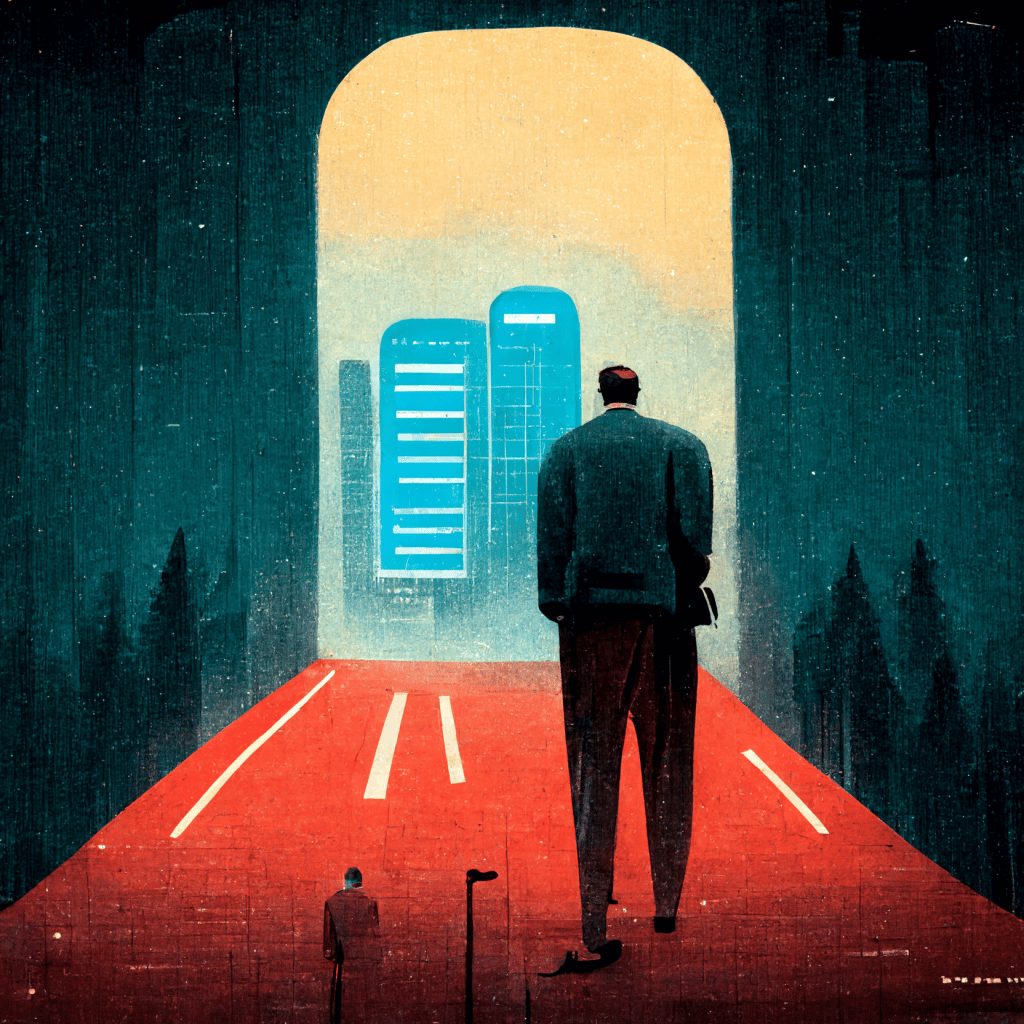The gig economy is booming. Americans are embracing the gig economy to make extra money. Drivers for Uber and Lyft, for example, can make hundreds of dollars a week on the side. Tasks that can be completed quickly and easily, like online surveys or mystery shopping, are also popular among gig workers. There are several primary reasons why people are turning to the gig economy. The first is that it allows them to earn extra money. In many cases, gig jobs pay more than traditional part-time jobs. They also offer more flexibility; workers can choose when to work and how much they want to earn.
The second reason people embrace the gig economy is that it allows them to try new things. Gig workers can test out new careers without making a long-term commitment. They can also learn new skills and gain experience in different fields.
The third reason people are turning to the gig economy is that it allows them to be their boss. Gig workers can choose the clients they want to work with and the projects they want to take on. That provides them more control over their lives and their careers.
Overall, there are many benefits to working in the gig economy. It allows people to make extra money, try new things, and be their boss. So if you want an effective way to make some extra cash, consider joining the gig economy!

The Rise of the Gig Economy
The gig economy has recently grown in popularity in the last decade. It’s a type of work where the employees don’t have to stay with any particular company or organization and can work for different companies on a project-by-project basis.
The increasing number of freelancers has been one of the significant factors that have contributed to this rise. Freelancers in America have increased by 53% since 2005, with an estimated 53 million Americans working as freelancers in 2016.
Freelancing benefits those who want to make some extra cash on the side. It also allows workers to take care of their family responsibilities, pursue other interests and explore different career opportunities.
Gig Work Definition
Gig work is a form of employment that includes temporary jobs, contract work, and freelancing. Gig workers receive pay per task or gig. This type of work is becoming popular with the rise of the internet.
The term “gig economy” refers to temporarily using online platforms to provide services. These platforms have helped reduce friction in the labor market for employers and employees by providing quick and easy access to workers who can fill in a project-based need for either party.
How does the Gig Economy Work?
The gig economy refers to the new ways of working that have emerged due to the rise of digital technologies and online platforms. It is also known as the sharing economy.
The Pros and Cons of the Gig Economy
The gig economy is a system of work where people work temporarily. These jobs are often done on a freelance basis and may not be full-time. The benefits of the gig economy are that you have more freedom in your work, the cons being that you don’t get help from your employer.
The pros of freelancing are that you have more freedom in your work, you can choose what hours to work, and there is no limit to how much money you can make as long as you put in sufficient effort and hours. The cons of freelancing are that it’s hard to save up for retirement because there is no company pension or 401k plan and no paid time off or sick days.





